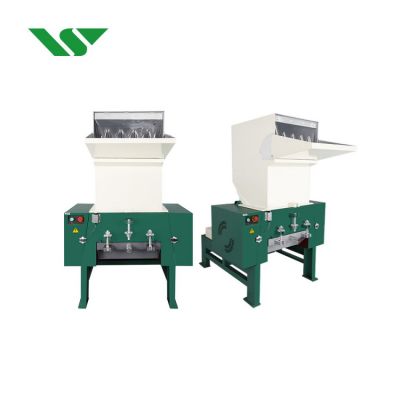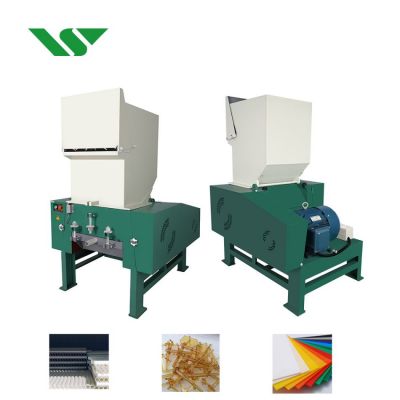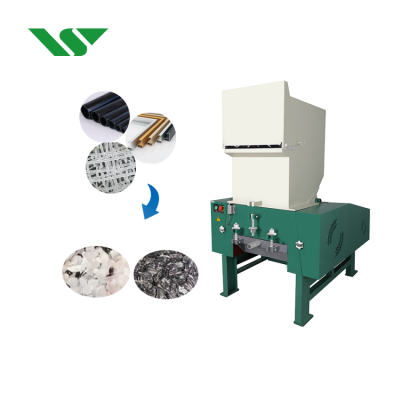The Evolution and Importance of Plastic Crushers in Recycling and Environmental Protection
2024-07-16 Page view:
Plastic crushers are indispensable in the realms of recycling and environmental protection, playing a crucial role in the recycling process of plastic materials. The development of plastic crushers dates back to the early 20th century when they were primarily used to recycle common plastic products like bottles and packaging bags. Over time, as environmental awareness grew and the use of plastic products became widespread, the demand for efficient plastic crushers increased significantly.

Early Development and Uses
In the early stages, plastic crushers were rudimentary machines designed to handle basic plastic recycling tasks. They focused on processing everyday plastic waste into reusable material, contributing to waste reduction and resource conservation. These initial machines laid the groundwork for future advancements in plastic crushing technology.
Mid-20th Century Advancements
The mid-20th century saw a technological leap in the design and functionality of plastic crushers. Advances in automation and efficiency transformed these machines into more sophisticated tools. Modern plastic crushers incorporate advanced blade and motor technologies that efficiently break down large plastic items into smaller particles, making them easier to process further. Additionally, the introduction of electronic control systems has enabled precise control and monitoring, enhancing both production efficiency and the quality of the output.

The Necessity of Automation in Plastic Crushers
Automation in plastic crushers is not merely a technological trend but a necessity driven by several compelling reasons:
Improving the Utilization Rate of Plastic Raw Materials: Automated plastic crushers can significantly reduce the volume of waste plastics. By converting large plastic waste into small particles, these machines make storage, transportation, and further processing more manageable. This preliminary treatment step is crucial for enhancing the overall utilization rate of plastic raw materials.
Reducing Production Costs: In the manufacturing of plastic products, crushers play a pivotal role by crushing and pulverizing raw plastic materials, making them suitable for various production processes such as injection molding and extrusion. This capability not only increases the recycling rate of plastics but also allows the crushed particles to be easily reprocessed, leading to lower production costs.
Minimizing Environmental Pollution: One of the most significant environmental benefits of plastic crushers is their ability to recycle defective plastic products. By crushing and reusing these materials in the production of new plastic items, plastic crushers help reduce the consumption of fresh plastic resources, thereby lowering environmental pollution and the overall ecological footprint.
Conserving Natural Resources: Plastic crushers contribute to the conservation of natural resources by converting waste plastic into renewable resources. This reduces the need for new plastic raw materials, promoting sustainable resource management and helping to preserve natural resources for future generations.

The evolution of plastic crushers from simple recycling tools to sophisticated automated machines highlights their critical role in modern recycling and environmental protection efforts. Automation in plastic crushers not only enhances the efficiency and effectiveness of plastic recycling but also offers significant economic and environmental benefits. By improving the utilization rate of plastic materials, reducing production costs, minimizing environmental pollution, and conserving natural resources, automated plastic crushers are integral to sustainable plastic waste management and the broader goals of environmental conservation. In conclusion, as technology continues to advance, the future of plastic crushers looks promising.



